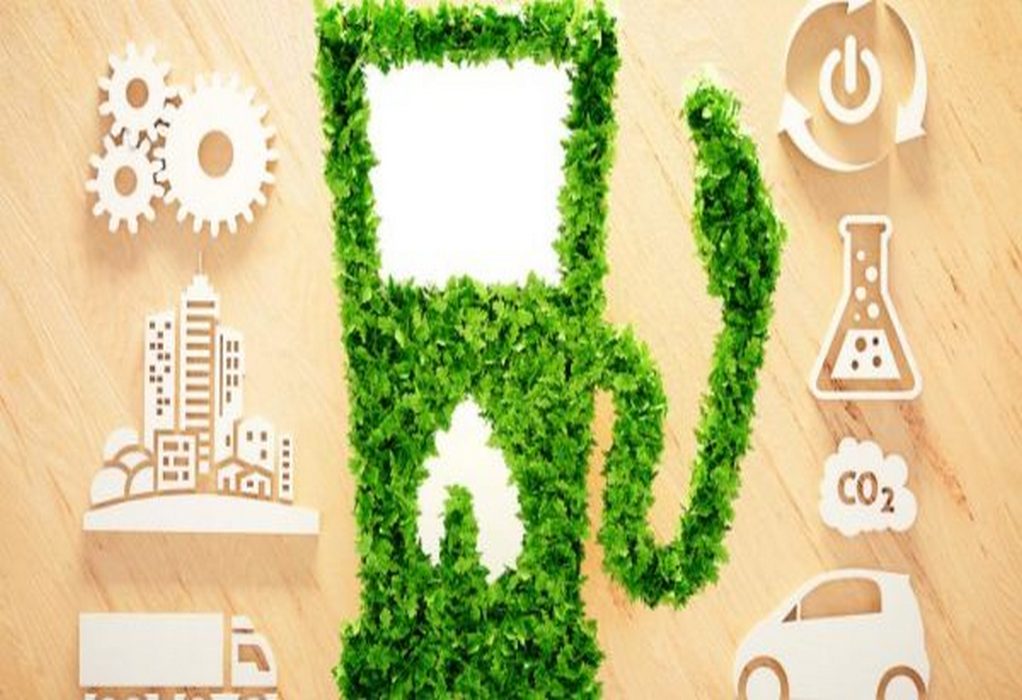Bureau Veritas (BV) has launched a detailed outlook on future maritime fuels in a new 85-page white paper, which calls for a well-to-wake (WtW) approach to assessing the climate impact and sustainability of alternative fuels.
This is one of the key conclusions of the white paper, which evaluates alternative fuels such as methanol, LNG, biofuels, hydrogen and ammonia, outlining their respective characteristics, advantages, challenges, availability, safety, and greenhouse gas (GHG) emissions, and features very clear, detailed charts on the emissions potential from each of today’s frontrunners in the future fuels race. The study also shows how shipping’s cargo mix will change once the world weens itself off fossil fuels.
A well-to-wake approach accounts for all GHG emissions released from the extraction or production phase, the distribution of the fuel, through to the final use onboard vessels, as opposed to just the emissions resulting from combustion onboard.
Taking the WtW approach is important as legislators will increasingly be looking at energy use through this lens.
The upcoming FuelEU Maritime in Europe, for instance, breaks boundaries by considering GHG emissions on a WtW basis.
Tags: Alternative Fuels, BV, Future Fuels, Methanol, WtW

Recent Posts
ClassNK explores alternative fuel paths
Hydrogen fuel of future: Gadkari
Classification societies on new fuels pathway
GCMD and NYK Line team up to address concerns of biofuels
ONE and Ancotrans reduce CO2 emissions with first FH e-Trucks
Accelleron, HD Hyundai Marine Solution renew long-standing agreement
Hapag-Lloyd and IKEA collaborate to advance cleaner shipping
Varuna Group’s pioneering role in sustainable logistics with Climes